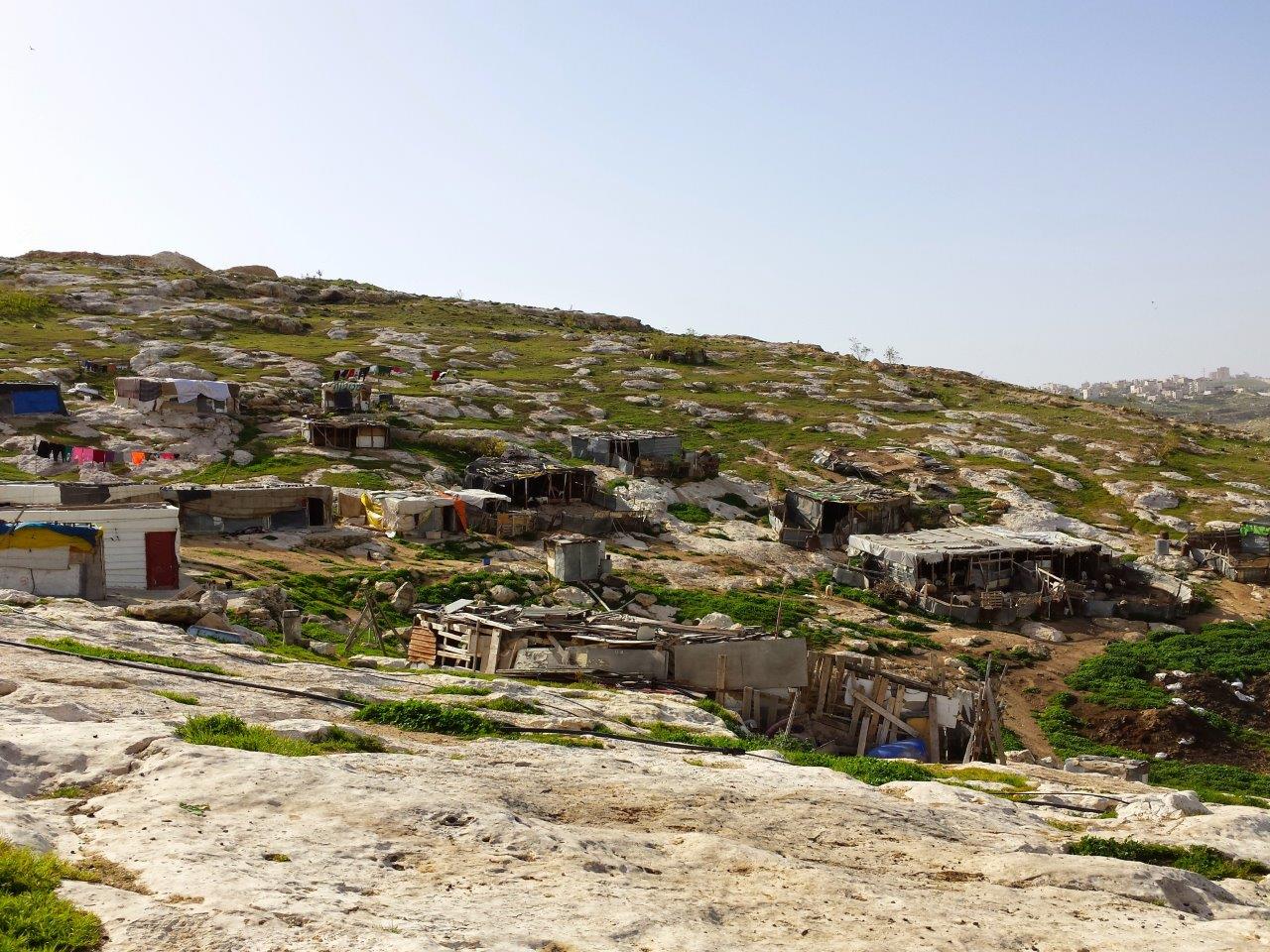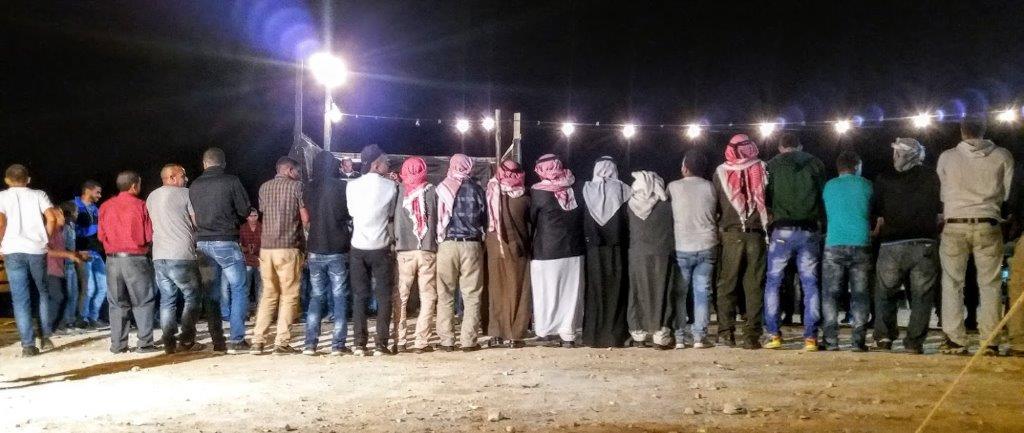
Selectivity of information and consent
Intercultural friendship is multifaceted and can be investigated from various perspectives. Even when investigating from the perspective of value orientations, there are many different aspects. The chapters to follow will focus on the differences in value orientation, as they express themselves within the friendship. Since there are so many ways in which these variations appear, a selection needed to be made. Furthermore, minimal attention will be given to the many similarities between the aforementioned cultures and their influences on friendship. Each of the stories of friendship is dense with cultural themes. It is clear that it would have been possible to analyze these stories on cultural differences in a more thorough way, but this seemed unnecessary for the purpose of this study. The dominant Western culture (Caucasian, male and middle class) is much better known to the Western academic reader than Palestinian Bedouin culture. Throughout this study, I therefore will relate to Western cultures in less detail than to Palestinian Bedouin culture.
Ethics committees have at times imposed rigid procedures that do not fit well with friendship research. Friendship research requires particular sensitivity to relational concerns, and among these are the ethical aspects of disclosing information (Ellis, 2007; Tillmann-Healy, 2003). Blake, (2007), in his review on ethics and participatory action research, refers to the idea of “negotiated consent”, implying the discussion with the subject(s) under investigation about the info to be or not be disclosed. That is what was achieved in our case; there was extensive discussion between Bashar and myself about what to include or not to include in my writings. Sharing my observations with Bashar was at times a delicate matter. I will get back to this point in more detail in the last part of this study.







